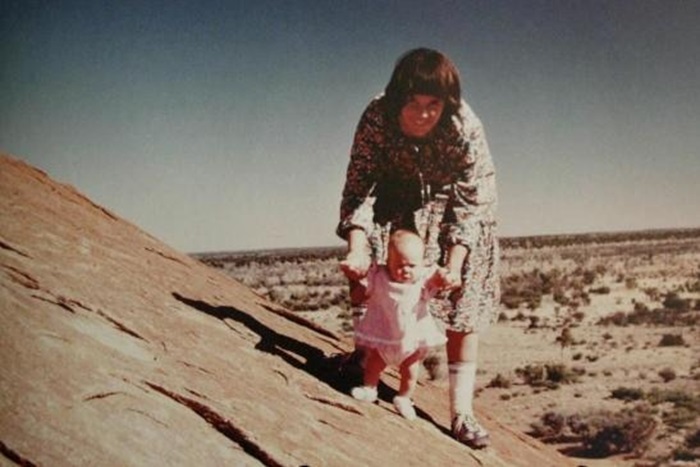May 13th holds a place of importance in Australian history, representing a day marked by a diverse array of events that have shaped the nation’s identity and trajectory. From moments of exploration and colonization to milestones in social reform and cultural expression, this date offers a window into the complex tapestry of Australian history. In this article, we delve into the significant occurrences that have unfolded on May 13th, shedding light on the rich and multifaceted history of Australia.
The Arrival of Captain Arthur Phillip in Port Jackson (1787)
May 13th, 1787, marks a pivotal moment in Australian history with the arrival of Captain Arthur Phillip and the First Fleet in Port Jackson (now Sydney Harbour). This event marked the beginning of British colonization in Australia and laid the foundation for the establishment of the penal colony of New South Wales. Phillip’s arrival heralded a new chapter in the history of Australia, one characterized by cultural exchange, conflict, and the enduring legacy of colonialism.
The Opening of the First Australian Parliament (1901)
On May 13th, 1901, the first Australian Parliament was officially opened in Melbourne by the Duke of Cornwall and York (later King George V). This historic occasion marked the federation of the six Australian colonies into the Commonwealth of Australia, culminating in the adoption of the Australian Constitution earlier that year. The opening of the first Australian Parliament represented a significant milestone in the nation’s democratic evolution, laying the groundwork for the development of Australian democracy and the emergence of a distinct national identity.
The 1967 Referendum on Indigenous Rights
May 13th, 1967, saw a watershed moment in Australian history with the successful referendum on Indigenous rights. The referendum, held alongside federal elections, sought to amend the Australian Constitution to remove discriminatory clauses and grant the federal government the power to legislate on behalf of Indigenous Australians. The referendum garnered overwhelming support from the Australian public, with over 90% voting in favor of the proposed changes, marking a turning point in the recognition of Indigenous rights and paving the way for the modern Indigenous rights movement in Australia.
The Disappearance of Azaria Chamberlain at Uluru (1980)
On May 13th, 1980, tragedy struck at Uluru (formerly known as Ayers Rock) with the disappearance of nine-week-old Azaria Chamberlain. The subsequent investigation and legal proceedings, including the controversial conviction of Azaria’s mother, Lindy Chamberlain, for her daughter’s murder, captivated the nation and sparked widespread debate and speculation. The case, which became known as the “dingo baby” case, highlighted issues of media sensationalism, miscarriages of justice, and the complexities of Australian identity and mythology.
The Opening of the National Museum of Australia (2001)
May 13th, 2001, witnessed the official opening of the National Museum of Australia in Canberra by Prime Minister John Howard. The museum, dedicated to showcasing the history, culture, and achievements of the Australian nation, represented a significant addition to the cultural landscape of Australia. Through its exhibitions, collections, and educational programs, the National Museum of Australia has played a vital role in preserving and promoting Australia’s diverse cultural heritage and fostering a greater understanding of the nation’s past.
The Eureka Stockade Gold Miners’ Rebellion (1854)
On May 13th, 1854, tensions between gold miners and colonial authorities in Ballarat, Victoria, erupted into open rebellion with the Eureka Stockade. Fueled by frustration over oppressive mining regulations and taxation, the miners constructed a makeshift stockade and hoisted the Southern Cross flag in defiance of British rule. The ensuing confrontation between miners and government forces resulted in violence and bloodshed, culminating in the storming of the stockade by colonial troops. While the rebellion was swiftly crushed, the legacy of the Eureka Stockade endures as a symbol of resistance and democracy in Australian history.
The Bombing of Darwin During World War II (1943)
One of the darkest chapters in Australian wartime history unfolded on May 13th, 1943, with the bombing of Darwin by Japanese forces during World War II. In a coordinated air raid, Japanese bombers launched a devastating attack on the northern Australian port city, resulting in widespread destruction and loss of life. The bombing of Darwin served as a sobering reminder of Australia’s vulnerability to external threats and underscored the nation’s pivotal role in the Pacific theater of the war.
The Passage of the Aboriginal Land Rights Act (Northern Territory) (1976)
On May 13th, 1976, the Australian Parliament passed the Aboriginal Land Rights (Northern Territory) Act, a landmark piece of legislation that granted Indigenous Australians in the Northern Territory rights to land ownership and control over traditional lands. The passage of the Act represented a significant victory for the Indigenous land rights movement and marked a crucial step towards recognizing the historical dispossession and marginalization of Australia’s First Nations peoples. The Act remains a cornerstone of Indigenous land rights in Australia and a symbol of reconciliation and justice.
Conclusion
May 13th in Australian history serves as a microcosm of the nation’s journey, encompassing moments of triumph and tragedy, progress and challenge. From the arrival of Captain Arthur Phillip to the opening of the National Museum of Australia, this date reflects the resilience, diversity, and complexity of the Australian experience. As we reflect on the events that have unfolded on this day, we are reminded of the ongoing quest for reconciliation, justice, and equality in Australia, and the enduring spirit of resilience that defines the nation.

